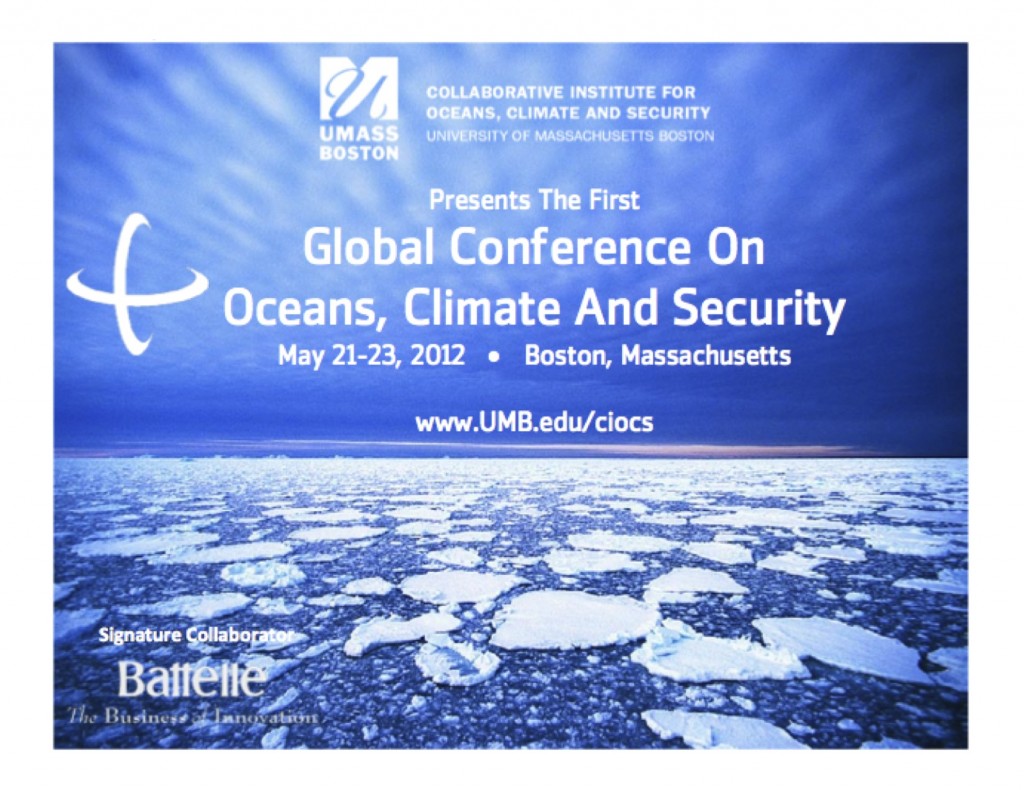In the State of the Union Address on January 25, 2011, President Barack Obama focused a significant amount of his time on singing praises for clean energy. To respond to “our generation’s Sputnik moment,” Obama promised to submit a budget to Congress including investment funds for clean energy technology. If enacted, this investment could lead to several positive outcomes: strengthened national security, better protection of our planet and American job growth.
In line with the President’s goals for energy research and development, Massachusetts continues to be a leader in clean energy. The recently passed Clean Energy and Climate Plan aims to reduce greenhouse gas emissions to 25% below 1990 levels by 2020, as mandated by the Global Warming Solutions Act of 2008. Former Energy and Environmental Affairs (EEA) Secretary Ian Bowles says that this limit is the “most ambitious target for GHG reduction of any state in the country.” On December 29, 2010, Secretary Bowles set the GHG emissions limit at the statutory maximum of 25%, and also released the Clean Energy and Climate Plan for 2020, containing a portfolio of policies designed to meet the limit. “This limit, together with the portfolio of GHG mitigation measures presented in the Clean Energy and Climate Plan for 2020, is a substantial step forward in the Commonwealth’s ongoing efforts to grow our clean energy economy, reduce energy costs, become energy independent and minimize climate change impacts to the citizens, environmental resources, and economy of Massachusetts,” wrote Secretary Bowles.
“This is wonderful news,” said Senator Marc Pacheco, Chairman of the Senate Committee on Global Warming and Climate Change. “This target is not only good for the environment, but is also good for our public health and security, and will put us on the path to revolutionizing our economy by spurring job growth and sparking innovation in renewable energy and green technologies.”
For an economy on the rebound, this all sounds like great news. It also shows increased recognition of the linkage between climate change and national security by state and national leaders. The National Academies contends that two-thirds of our petroleum supplies come from foreign sources, along with many other resources. With the world “an uncertain place,” potentially unreliable access to these critical energy resources can leave us in a vulnerable position. According to NAS, many planners have identified this as threatening to economic and military security of the nation and urge policies that “maximize the use of domestic resources.” As increasing demand puts more strain on traditional energy sources, Massachusetts’ leadership in clean energy can serve as an example for other states and the federal government on how to encourage job growth with direct benefits for national security, as well.

